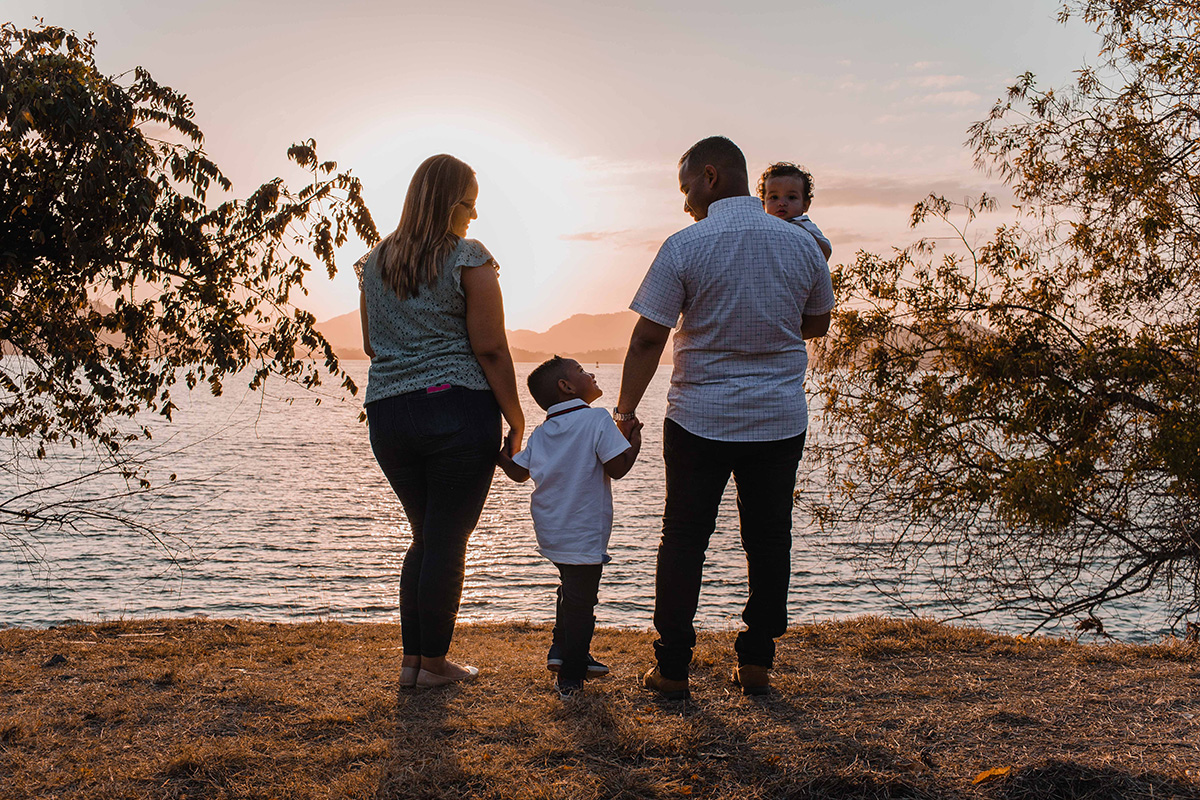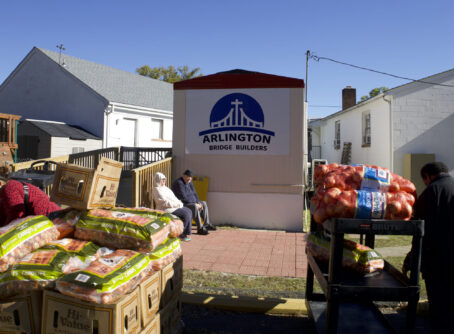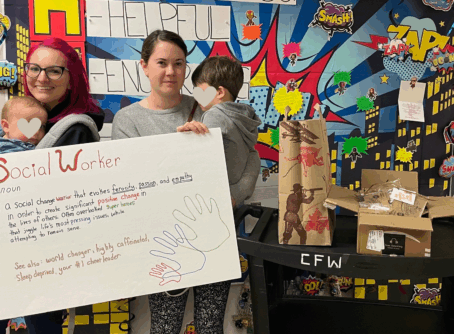
Families that need child care services often struggle to afford it, and yet, at the same time, providers often lack sufficient income to adequately pay staff and ensure quality of services. And now this ecosystem of child care providers, severely stressed by the Coronavirus pandemic, faces an urgent new challenge and opportunity.
Often, pregnant women seek abortions because they have no assurance of support to bear and care for their baby. Expanded access to child care, made possible by additional federal funding, may provide that important reassurance–a reassurance that is even more important now, after the U.S. Supreme Court’s Dobbs decision. Greater support for new families in the form of expanded access to child care can encourage women in both pro-abortion and anti-abortion states not to seek abortions.
For child care to be more accessible and a trusted option for many women, the choice of faith-based care must be available. Expanded federal funding must not sideline faith-based providers, as last year’s Build Back Better Act would have done. In place of that bill’s creation of a modified federal system to subsidize child care, Congress should route the needed expanded federal funding through the existing Child Care and Development Fund and its child care certificate program, which are governed by the 1990 Child Care and Development Block Grant Act (CCDBG).
CCDBG’s child care certificate program allows faith-based child care providers to receive federal support without setting aside their religious identity, teachings, or practices. In this system, parents have the option of choosing secular child care, if they wish. These faith-welcoming rules are more than three-decades old but need to be more widely known, both among faith-based child care providers and among members of Congress and their staff.
On July 15, 2022, Stephanie Summers, CEO of the Center for Public Justice, where IRFA is a division, and I spoke about these matters at a Friday Forum organized by Faith and Law, a twice-monthly discussion series on Christian faith and public policy for congressional staffers and interns. We made a case for why now, post-Dobbs, expanded federal child care support is vital, why federal funding must be configured to encourage the involvement of faith-based child care providers, and how the CCDBG child care certificate program welcomes their full involvement. You can watch the recording here.
For this time of greatly heightened interest in improving child care and making it much more accessible, IRFA has developed an explanatory paper on how the CCDBG child care certificate program is specifically designed to be hospitable to faith-based child care providers. Download the Institutional Religious Freedom Alliance Policy Brief here. Child care services and pre-kindergarten programs are closely related. For many parents committed to a religious faith, the best (or only acceptable) pre-K program is one that reflects their respective religious commitments. CPJ/IRFA 2021 eBook, Recommendations for Universal Pre-K To Accommodate Religious Communities and Faith-Based Organizations explains how government funding can be configured to enable full participation by religious schools and other faith-based organizations.



